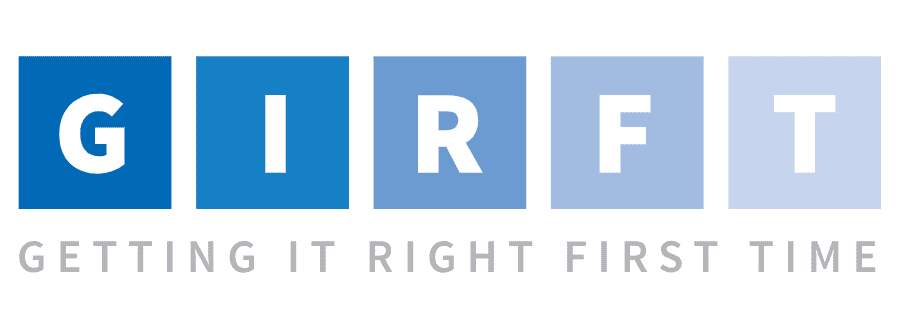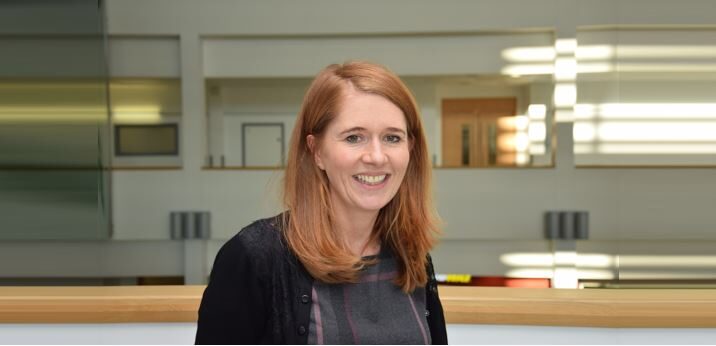Dr Flora McErlane, consultant paediatric rheumatology at the Great North Children’s Hospital is one of two clinical leads working with NHS England’s Getting It Right First Time (GIRFT) programme on the new workstream, alongside Dr Gavin Cleary (Alder Hey Children’s NHS Foundation Trust).

As joint clinical leads for the new GIRFT workstream, the two will carry out data-driven peer review visits with all specialist paediatric rheumatology centres across England, with the aim of developing national pathways, sharing best practice, and extending support to centres facing challenges.
They will have a particular focus on the variation in transition and transfer pathways for inflammatory rheumatology conditions, as well as on workforce and operational efficiency.
The two are also the founders and joint leaders of the British Society for Rheumatology’s Juvenile Idiopathic Arthritis Learn quality improvement collaborative (JIA Learn), and are committed to improving the quality and availability of data across paediatric rheumatology.
Dr McErlane said: “We are delighted with our appointment as co-clinical leads for the paediatric rheumatology GIRFT programme. JIA Learn has highlighted a widespread enthusiasm across our community to work together towards improved clinical care.
The GIRFT programme is a fantastic opportunity to implement a data-driven approach to exploring variation and improving care and outcomes for inflammatory and non-inflammatory paediatric rheumatology patients living across England.
Dr Flora McErlane, consultant paediatric rheumatologist
Professor Tim Briggs, Chair of GIRFT and NHS England National Director for Clinical Improvement and Elective Recovery, welcomed the two new clinical leads, saying:
“We already know there is wide variation in young adult rheumatology services which affects the success of transition from paediatric care at such an important time in these young peoples’ lives, so I am delighted to see this will be a key focus of the work Flora and Gavin will be carrying out for GIRFT.
“I look forward to seeing and hearing about the progress they can make in using the data to help understand and identify variations nationally and applying the GIRFT methods which have achieved such success in other workstreams.”
